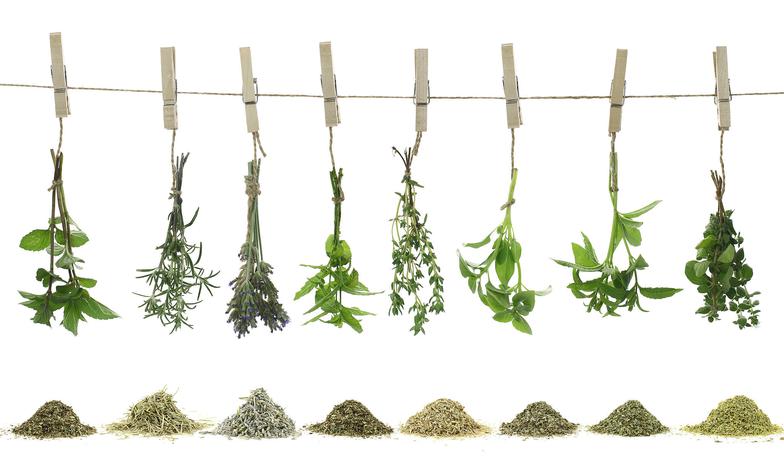Now Quoting For Spring & Summer!
CALL US TODAY & Take Advantage of Pre-Season Pricing!
"Building Relationships One Lawn At A Time"
Annuals & Perennials
In flower gardens there are two basic kinds of flowering plants, Annuals & Perennials.
Annuals go through their whole life cycle in one growing season: sprouting, growing leaves and roots, producing flowers, and creating seeds. They are popular with gardeners because they bloom all season. Annuals are ideal for container gardens, flower beds and hanging baskets. Keep dried blooms removed to encourage continued flower production. With little care you can enjoy the beauty of the flowers all season! Don't forget to water & fertilize!
Perennials are plants whose root systems stay alive underground for several years or decades. The part above the soil may go dormant and die back in winter, but in the spring they will sprout again. Most Perennials only bloom once a year and provide less care than Annuals. Planting native plants to your area tend to require the least maintenance & will thrive the best.
Most gardeners combine Annuals & Perennials for a beautiful showcase year-round. Give Lawn Commander a call today and we can help you decide what is best for your flower garden!
Fun Facts:
- Dill’s tiny flowers attract bees and butterflies.
- Lavender, rosemary, santolina and southernwood repels moths!
- Don’t plant basil outdoors until evening temperatures are a steady 60-65 degrees. Basil hates cool weather and Basil is best used within three days of harvesting.
- Oregano is considered a great source of the powerful phenol component, thymol.
- Do not plant different mints next to each other because you will loose the integrity of the essential oil as they grow together.
- Lamb’s Ears has velvety, silver grey leaves and blooms of soft pink to purple.
- Anise hyssop, sweet woodruff, wild ginger, parsley, shiso, lemon balm and spicebush are shade tolerate.
- Catmint has spikes of tiny purple flowers that are loved by both bees and hummingbirds!
- Onion Chives are tubular & Garlic Chives have flat leaves.
- Coriander is also known as cilantro.
- The ancient Greeks and Romans used rosemary as a culinary and medicinal herb.
- Many herbs we use today originated from the Mediterranean region so prefer a sunny position with well-drained soil.


